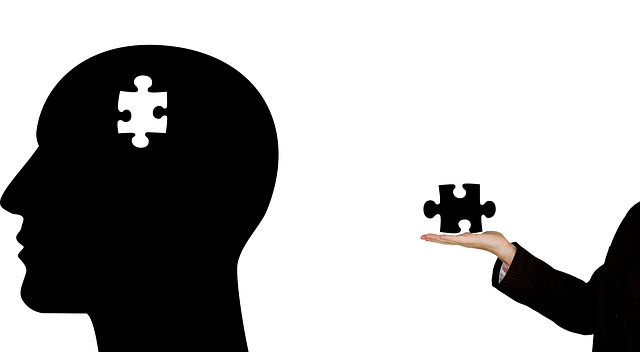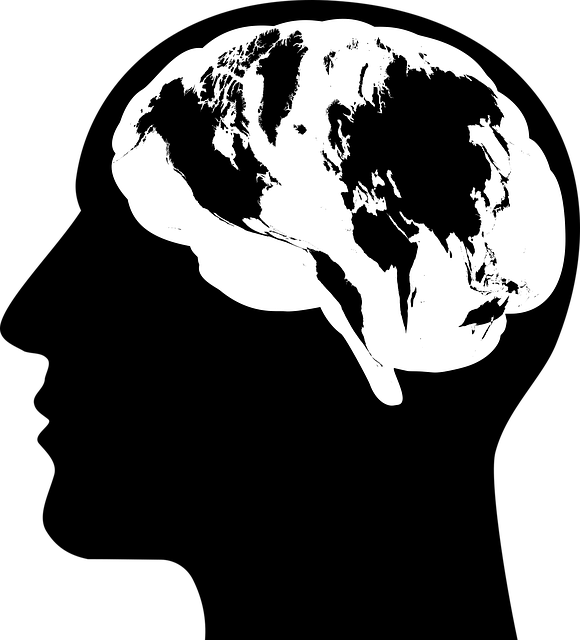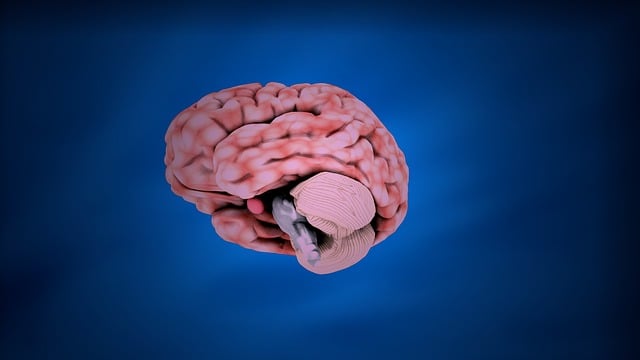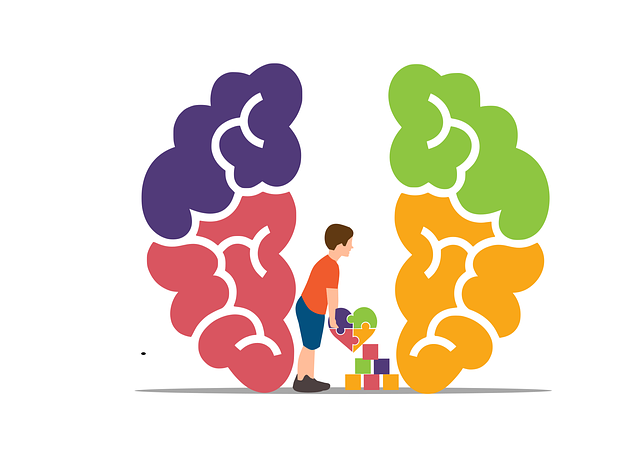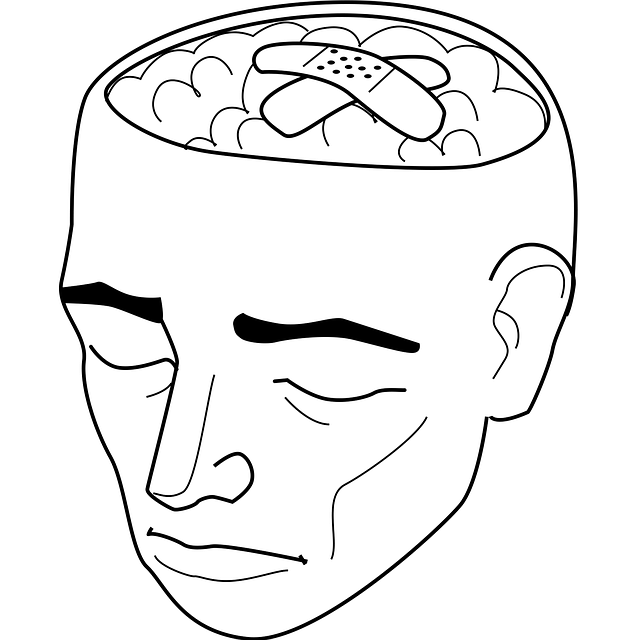Media portrayals significantly shape public perceptions of mental health, either perpetuating stigma or promoting understanding. Wheat Ridge International Adoptions Therapy tackles this issue by employing effective communication strategies to challenge mental health myths and present diverse narratives. Through their holistic approach, podcast series, and community partnerships focused on themes like Mind Over Matter and Emotional Intelligence, they aim to improve access to quality mental health care, enhance outcomes, and foster a more inclusive, empathetic society.
Mental illness representation in media significantly influences public perception and understanding of mental health. This article explores the profound impact of media portrayals on mental health perceptions, highlighting challenges and presenting innovative solutions. We introduce Wheat Ridge International Adoptions Therapy, a unique approach that challenges stereotypes and promotes accurate, empathetic mental illness representation. Furthermore, we offer practical strategies for media organizations to adopt, ensuring more nuanced and responsible storytelling about mental health.
- Understanding the Impact of Media Portrayals on Mental Health Perception
- Wheat Ridge International Adoptions Therapy: A Innovative Approach to Challenging Stereotypes
- Strategies for Promoting Accurate and Empathic Mental Illness Representation in Media
Understanding the Impact of Media Portrayals on Mental Health Perception

Media portrayals significantly shape public perceptions about mental health, influencing how individuals understand and respond to various conditions. Negative or stereotyped representations can contribute to stigma, fear, and misinformed decisions regarding seeking help. Conversely, accurate and empathetic media coverage can foster a more supportive societal attitude towards those struggling with mental illness. This impact is particularly notable for conditions like depression, where public understanding can influence prevention efforts and encourage early intervention.
At Wheat Ridge International Adoptions Therapy, we recognize the power of media in both perpetuating and challenging mental health myths. Effective communication strategies are essential to correcting misconceptions and promoting cultural sensitivity in mental healthcare practice. By presenting diverse narratives that reflect reality, media can empower individuals to recognize their own experiences or those of loved ones, potentially leading to increased support-seeking behaviors. This shift in perception can be a game-changer in improving access to quality care, such as the services provided at Wheat Ridge, ultimately contributing to better mental health outcomes.
Wheat Ridge International Adoptions Therapy: A Innovative Approach to Challenging Stereotypes

Wheat Ridge International Adoptions Therapy is a pioneering initiative that challenges harmful stereotypes associated with mental illness. By adopting a holistic approach, this therapy focuses on empowering individuals to navigate their mental health journeys with resilience and hope. The program integrates various therapeutic techniques, including positive thinking and mindfulness meditation, to foster mental wellness.
This innovative therapy extends its reach through the production of a Mental Wellness Podcast Series, offering practical advice and real-life stories that inspire listeners. By combining these strategies, Wheat Ridge International Adoptions Therapy not only provides direct support but also contributes to a broader cultural shift towards understanding and accepting mental health challenges, fostering a more inclusive and compassionate society.
Strategies for Promoting Accurate and Empathic Mental Illness Representation in Media

Media plays a significant role in shaping societal perceptions about mental illness. To challenge stigmatization and promote understanding, various strategies can be employed to ensure accurate and empathic representation. One approach is to involve individuals with lived experiences of mental health issues in the creation process as consultants or content creators. This strategy ensures that stories are authentic and allows for the portrayal of diverse experiences within the mental health spectrum.
Wheat Ridge International Adoptions Therapy, for instance, could collaborate with local community outreach programs that support mental health initiatives. By integrating Mind Over Matter principles and fostering Emotional Intelligence through these collaborations, media content can be developed that educates viewers while offering a nuanced view of mental illness. Such partnerships can lead to the implementation of more effective Community Outreach Program Initiatives, ultimately contributing to a healthier, more empathetic society.
Media representation plays a pivotal role in shaping societal perceptions of mental illness. By challenging stereotypes through innovative approaches like the Wheat Ridge International Adoptions Therapy, we can foster more accurate and empathetic portrayals. Implementing strategic initiatives to promote diverse, nuanced, and sensitive media content is essential for improving mental health discourse and reducing stigma. These efforts collectively contribute to creating a more supportive and understanding world for individuals grappling with mental health challenges.





